When you consider that around 164 million Americans suffer from sleep problems, it’s easy to understand why many are curious about whether or not CBD oil makes you tired.
According to a recent Consumer Reports survey, some 10% of people who try CBD say they do so to help them get a better night’s sleep.
More and more people are turning to CBD to get better sleep, but does it really make you tired? Some people say it makes them feel more energetic, so what gives?
Honestly, it’s a little bit of both.
Let’s take a deeper look at how CBD works to gain a better understanding of CBD oil and if it actually makes you feel sleepier.
CBD and Sleepiness: Does CBD Make You Feel Tired?
Some swear by CBD as a natural way to help them sleep, while others aren’t so sure. When it comes down to it, expert opinions vary. Most say it shouldn’t make you feel drowsy, though.
Keep in mind that CBD affects everyone differently, and the way it makes a person feel is largely individual.
To understand how CBD may or may not make a person feel tired, it’s important to have a better understanding of how CBD and other cannabinoids interact with the endocannabinoid system.
Cannabinoids and the Endocannabinoid System
Cannabinoids have been used to promote better sleep for thousands of years. It all comes down to the way cannabinoids interact with the endocannabinoid system.
Let’s look at a few endocannabinoid system basics to get a better idea of how CBD might be connected to sleep.
The endocannabinoid system (ECS) is responsible for several different functions. Some experts maintain that it’s the most important physiological system that exists. What makes the endocannabinoid system so special?
The primary purpose of the ECS is to help maintain the homeostasis of several different functions including mood, digestion, appetite, sleep, reproductive function and more.
Put simply, the ECS helps keep these functions balanced and running smoothly.
While extremely complex, there are three basic parts of the ECS:
- Endocannabinoids (anandamide and 2-AG, mainly).
- Cannabinoid receptors (CB1 and CB2).
- Enzymes.
The ECS And Sleep
Here’s what’s known so far about how the ECS affects our sleep:
The endocannabinoid system and our own circadian rhythms are believed to be closely connected. This is evidenced by sleep-wake cycle changes in the body’s endocannabinoids, anandamide and 2-AG. In addition, there is a powerful connection between our sleep-wake cycles and the enzymes that break down our natural endocannabinoids.
At night, levels of anandamide increase in the brain. This naturally-occurring endocannabinoid works with various neurotransmitters in the brain to cause a person to fall and stay asleep. Levels of 2-AG, on the other hand, are higher during the day. This has led researchers to propose that this endocannabinoid is involved in promoting wakefulness.
Anandamide and 2-AG are known to activate CB1 receptors, including in areas of the brain that are associated with sleep regulation. The activation of CB1 receptors is thought to be a vital factor in regulating sleep homeostasis.
CB1 Receptors and Sleep
A 2011 review suggests that activation of the CB1 receptor leads to an induction of sleep. This suggestion has led experts to speculate on the neurobiological role of the ECS on functions such as sleep modulation.
It’s believed that because anandamide facilitates the activity of several neurotransmitter systems, the activation of this endocannabinoid (which is associated with CB1 receptors) could induce sleep.
CBD doesn’t bind directly to CB1 or CB2 receptors, but it does indirectly influence other receptors. CBD has shown to activate TRPV1 receptors (vanilloid receptor 1 or capsaicin receptors) and inhibits FAAH (fatty acid amide hydrolase), which could promote higher levels of the endocannabinoid anandamide.
Research has also found that the sleep/wake cycle variations in the ECS include fluctuations of the CB1 receptor, suggesting that the expression of the CB1 receptor is closely connected to the sleep/wake cycle.
The combination of this data suggests that the CB1 receptor has an influence on the modulation of sleep homeostasis.
CBD appears to have an indirect relationship with sleep through its interaction with the endocannabinoid system, but does it make you sleepy?
Will Taking CBD Make You Feel Tired?
Consider this.
A majority of people who take CBD first thing in the morning go about their day without feeling tired at all. Instead, many contend that it gives them that extra edge and helps to increase focus.
There are also people who take CBD in the evenings and swear that it helps them get better quality sleep.
So, who’s right?
Both are, actually. We know that CBD helps promote homeostasis throughout the body. Homeostasis is a fancy word that refers to a balance of your biological functions. If you need more balance during the day, it stands to reason that CBD could help work with your endocannabinoid system to promote mental clarity. If you’re taking CBD at night, it may help bring balance to your sleep/wake cycles by helping the ECS to promote sleep.
We know that some people take 100mg of CBD each morning and don’t feel tired at all. The way CBD makes a person feel all comes down to the individual and the way CBD interacts with their own endocannabinoid system.
Experts and users of CBD generally agree, however, that taking CBD alone shouldn’t make you feel tired. A deeper sense of relaxation, perhaps, but tired no.
Final Thoughts
While it might make you feel more relaxed, there’s no evidence to prove that CBD makes you tired. It might help you balance your sleep cycle because it influences the endocannabinoid system and promotes homeostasis, but not because it knocks you out.
If you’re concerned that CBD will make you feel tired, it’s advisable to start with lower serving sizes to see how it affects you.
If you are turning to CBD to help you get a better night’s rest, there are several products available to do just that.
Our CBD Softgels with Melatonin are one of these products. Melatonin has long been used to help get a good night’s sleep and, when combined with CBD, it can offer serious support for encouraging feelings of increased relaxation and sound sleep all night long. While CBD alone might not make you tired, it can be a big help when combined with other natural compounds known to promote sleep.
The bottom line is that CBD shouldn’t make you particularly drowsy. It might help promote feelings of relaxation, however, which could have a positive influence on sleep.
Do you find that CBD makes you feel tired? We’d love to hear your experience in the comments below.
Thanks for reading! To show how much we appreciate you, we’re going to give you 16% off your next order. Just use code READER16 at checkout!






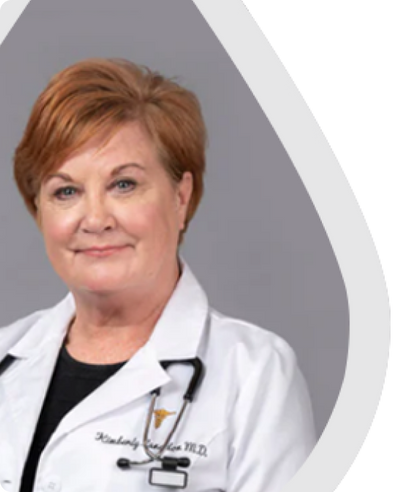




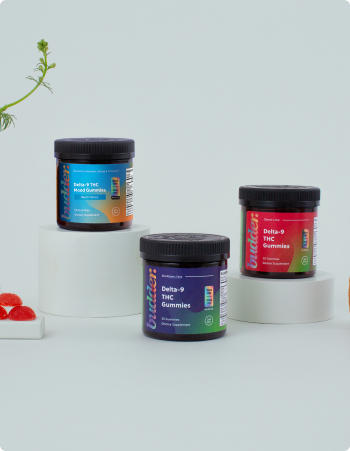















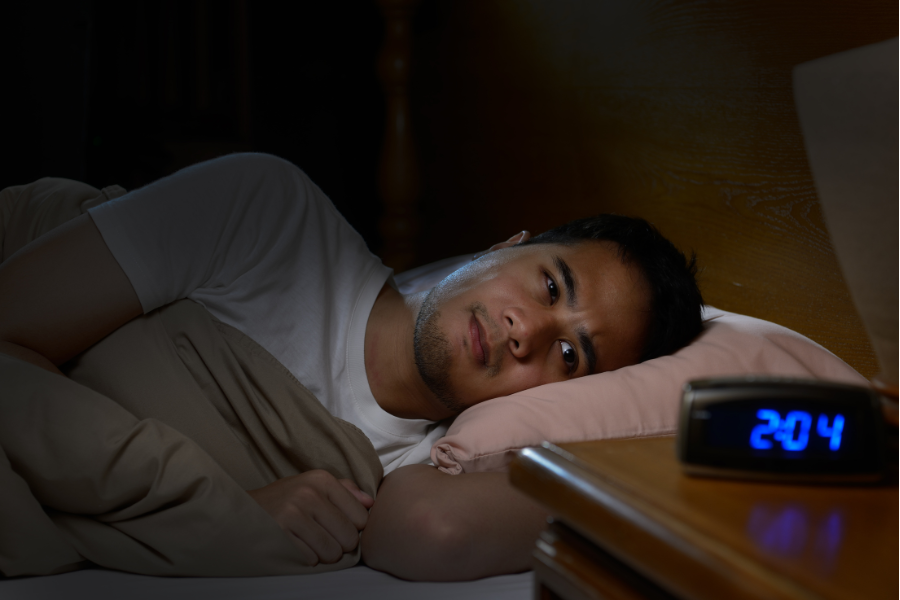

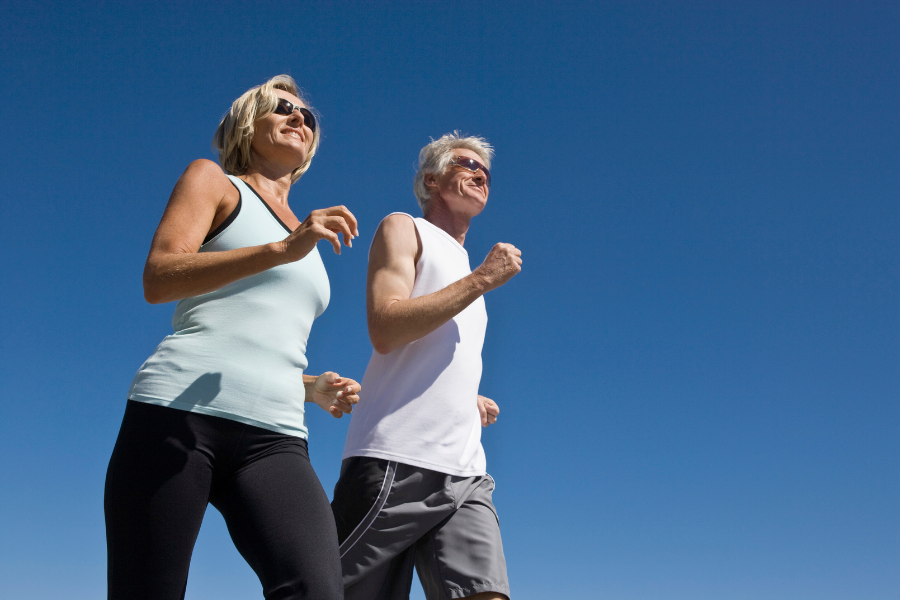
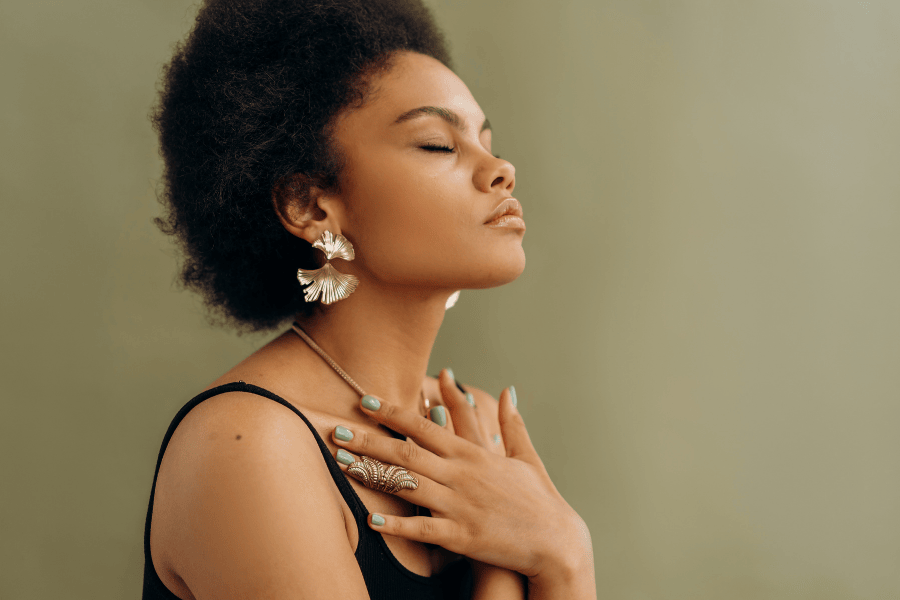
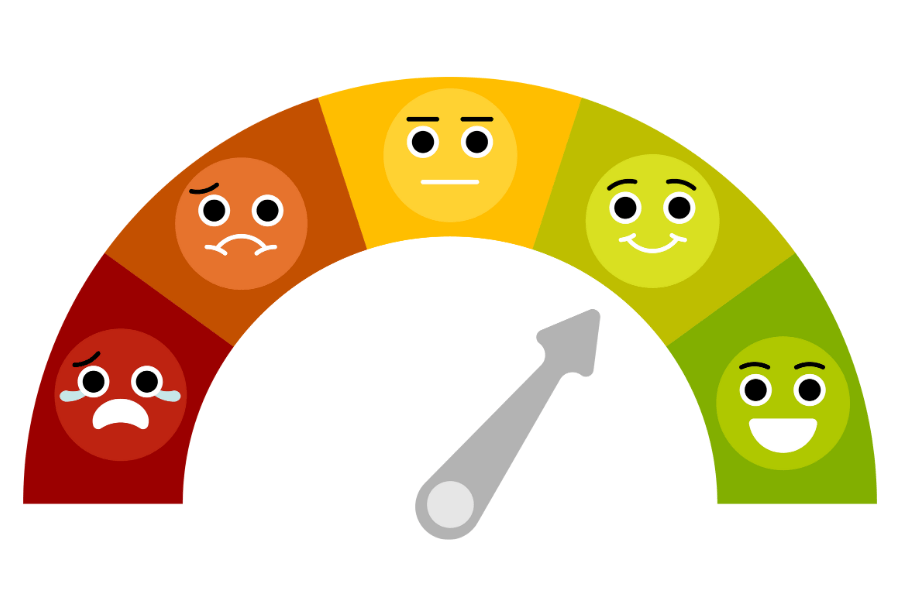
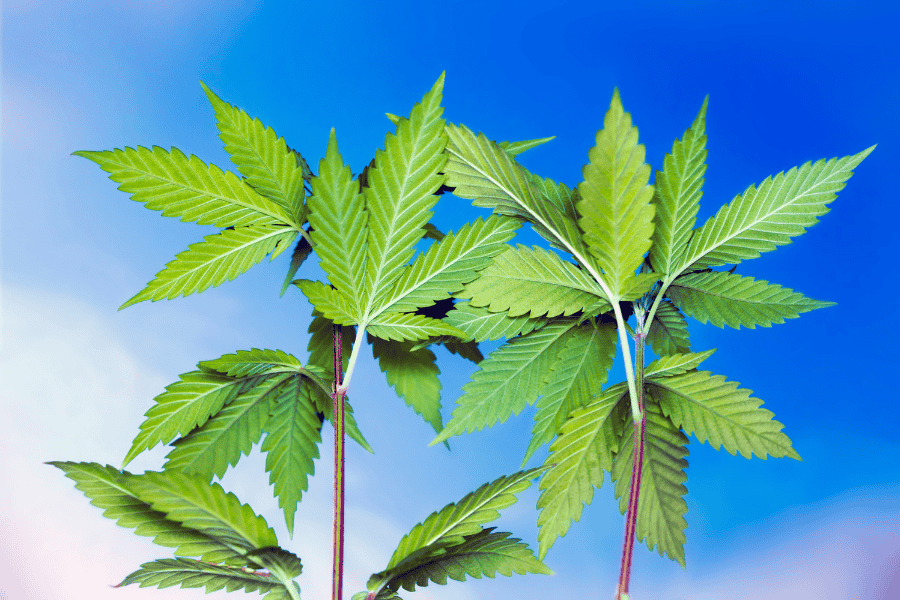
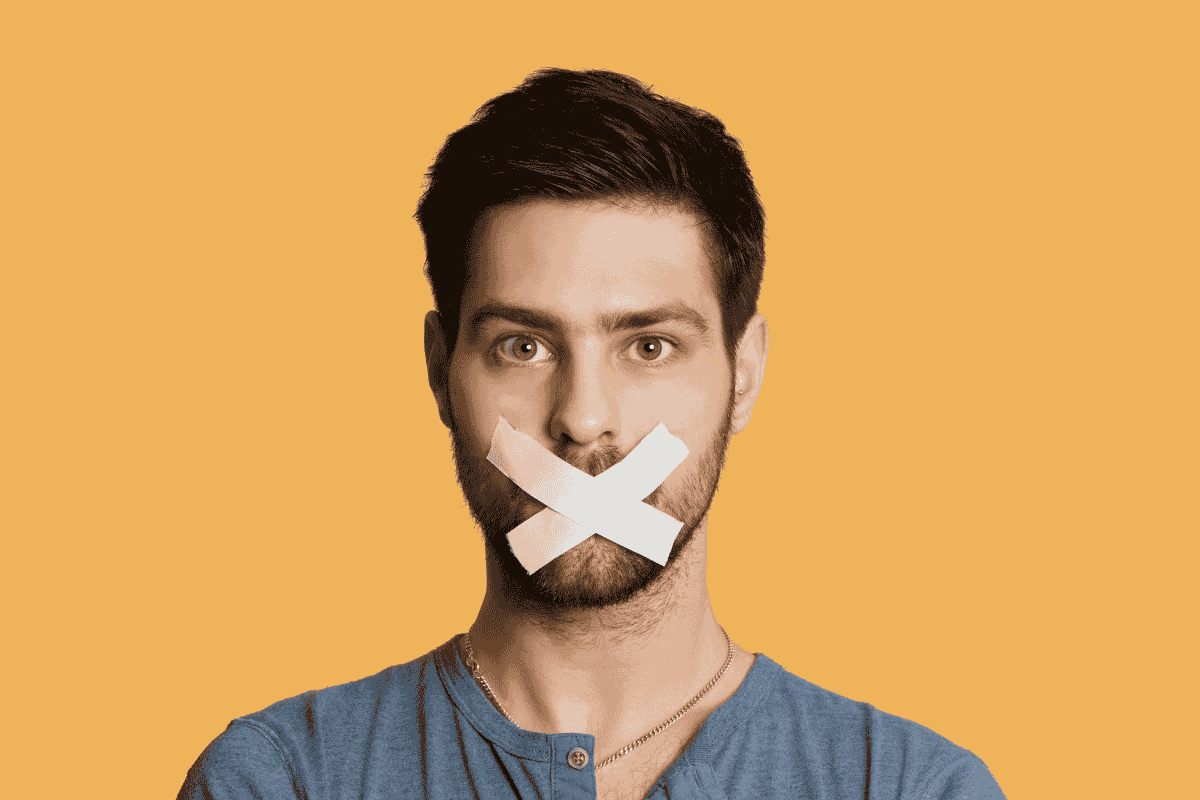

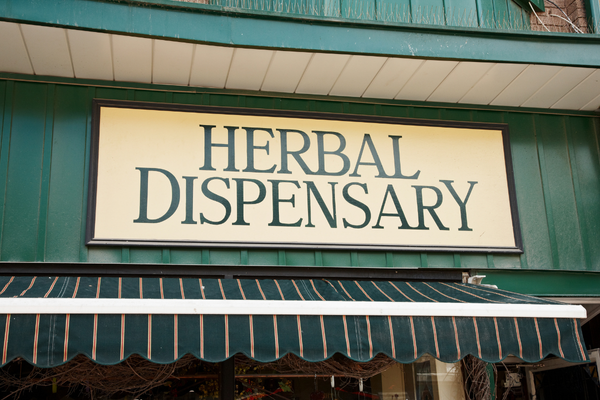
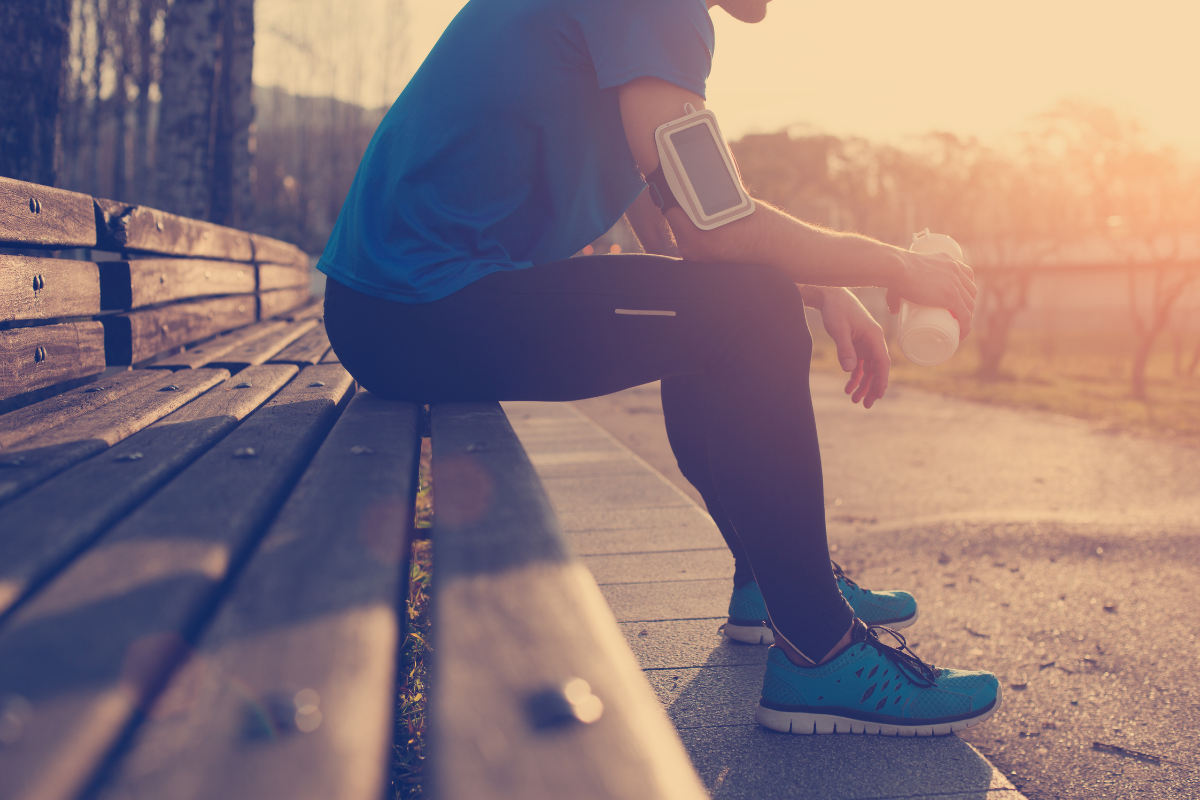


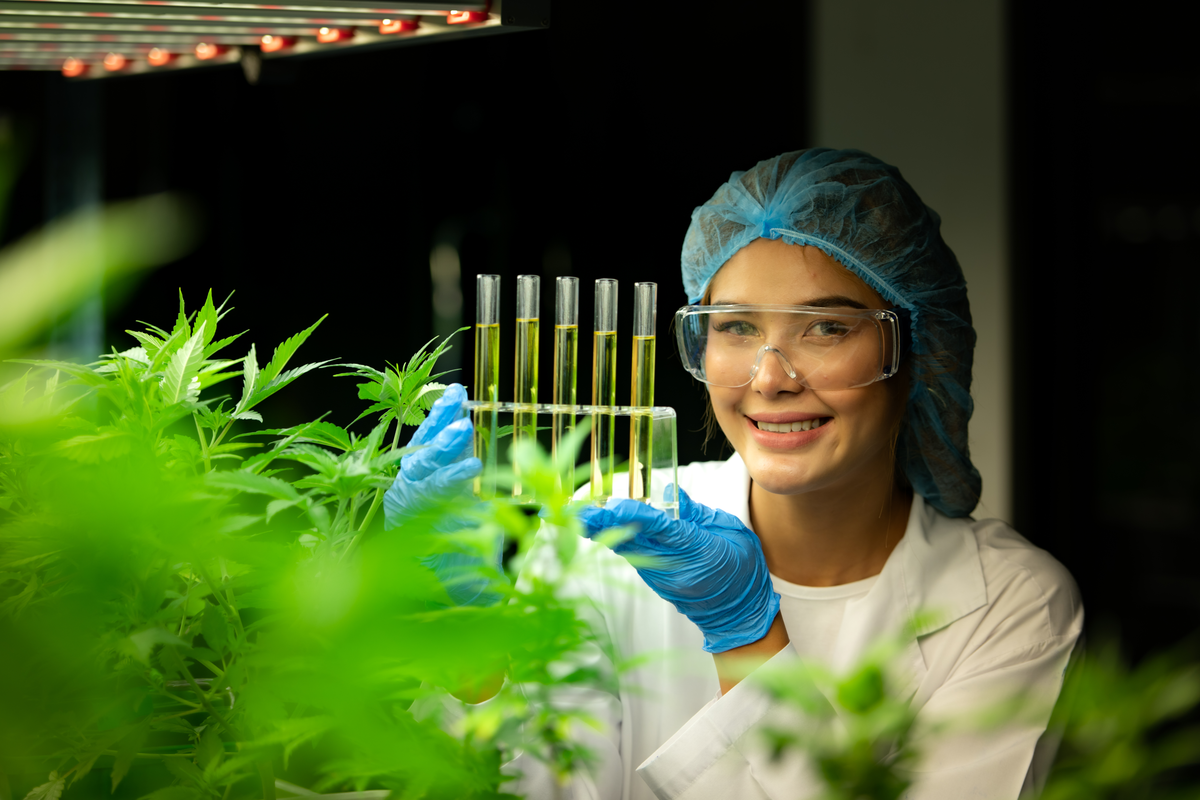
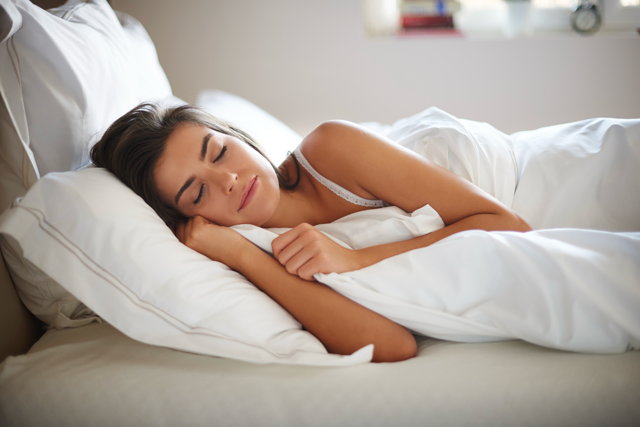
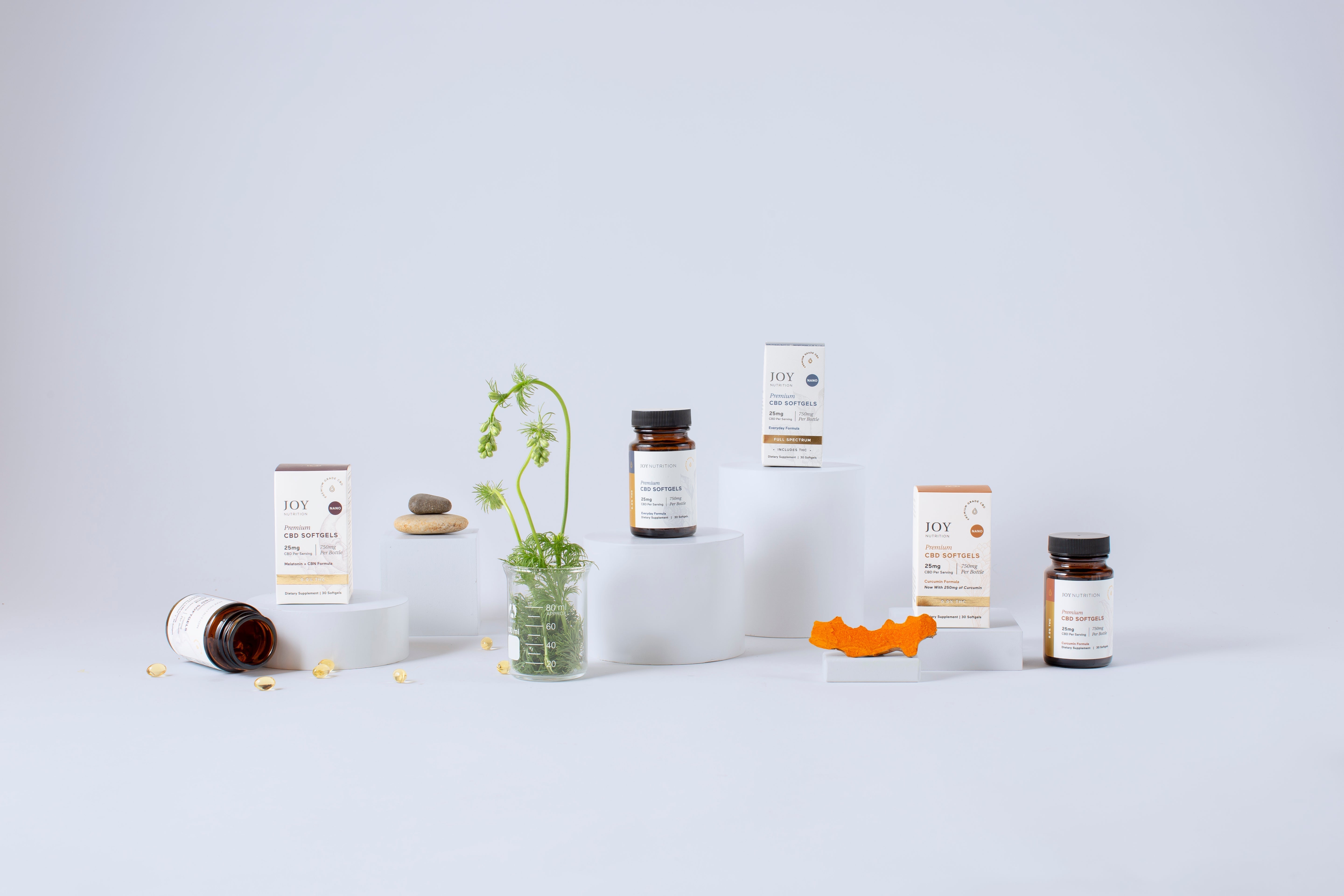







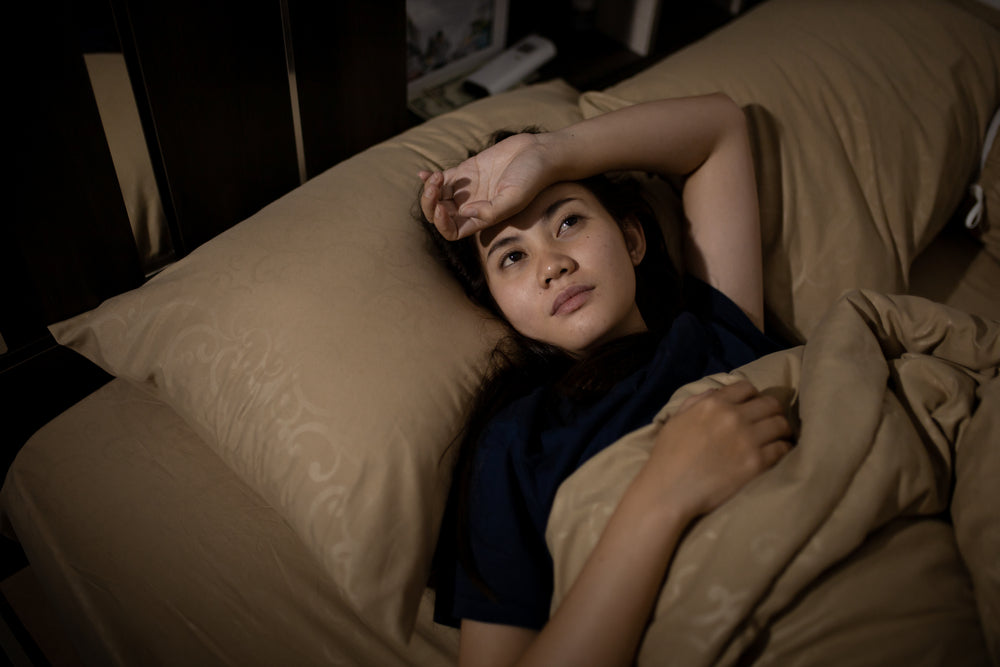

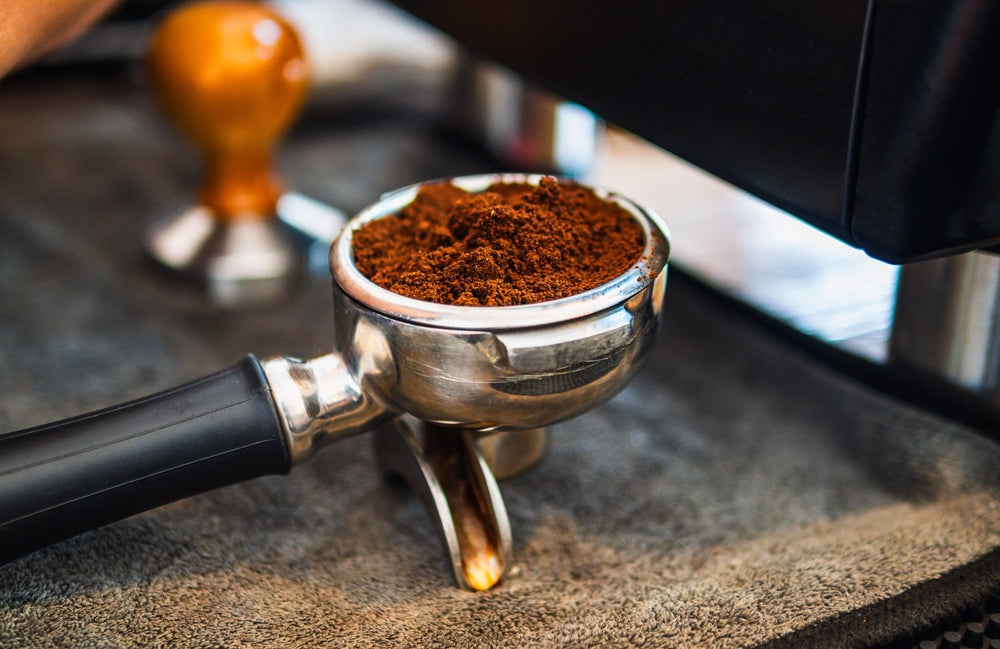

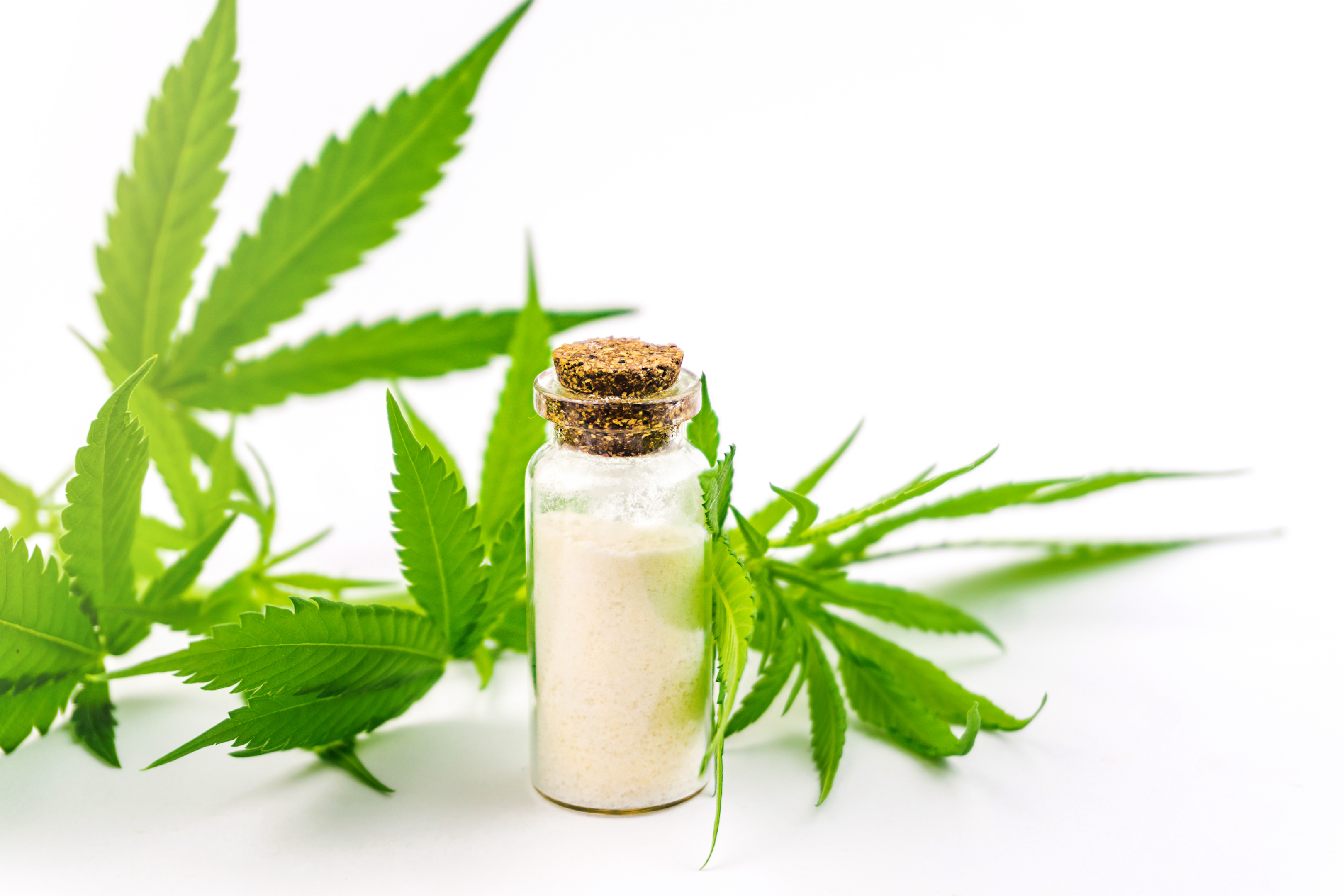
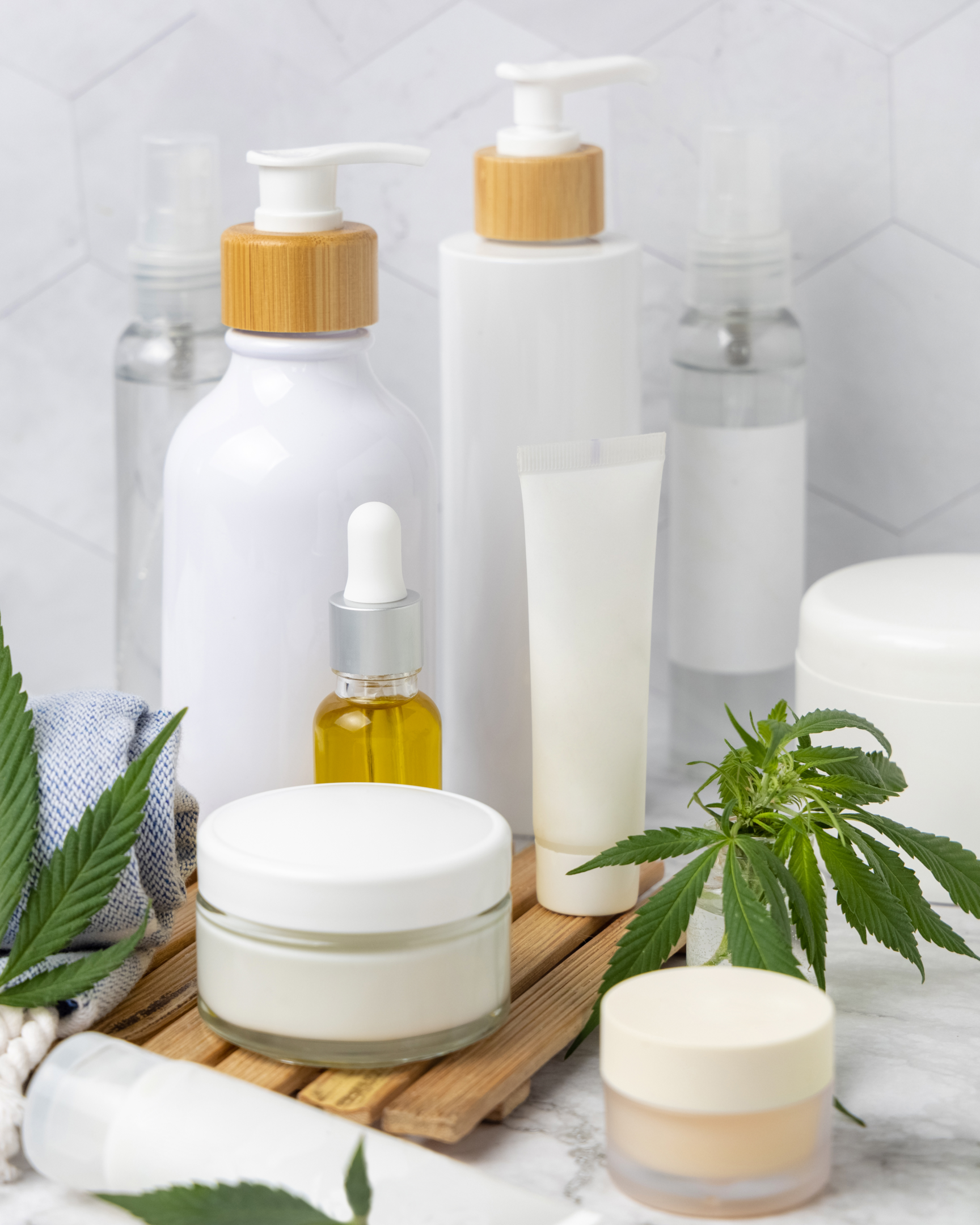
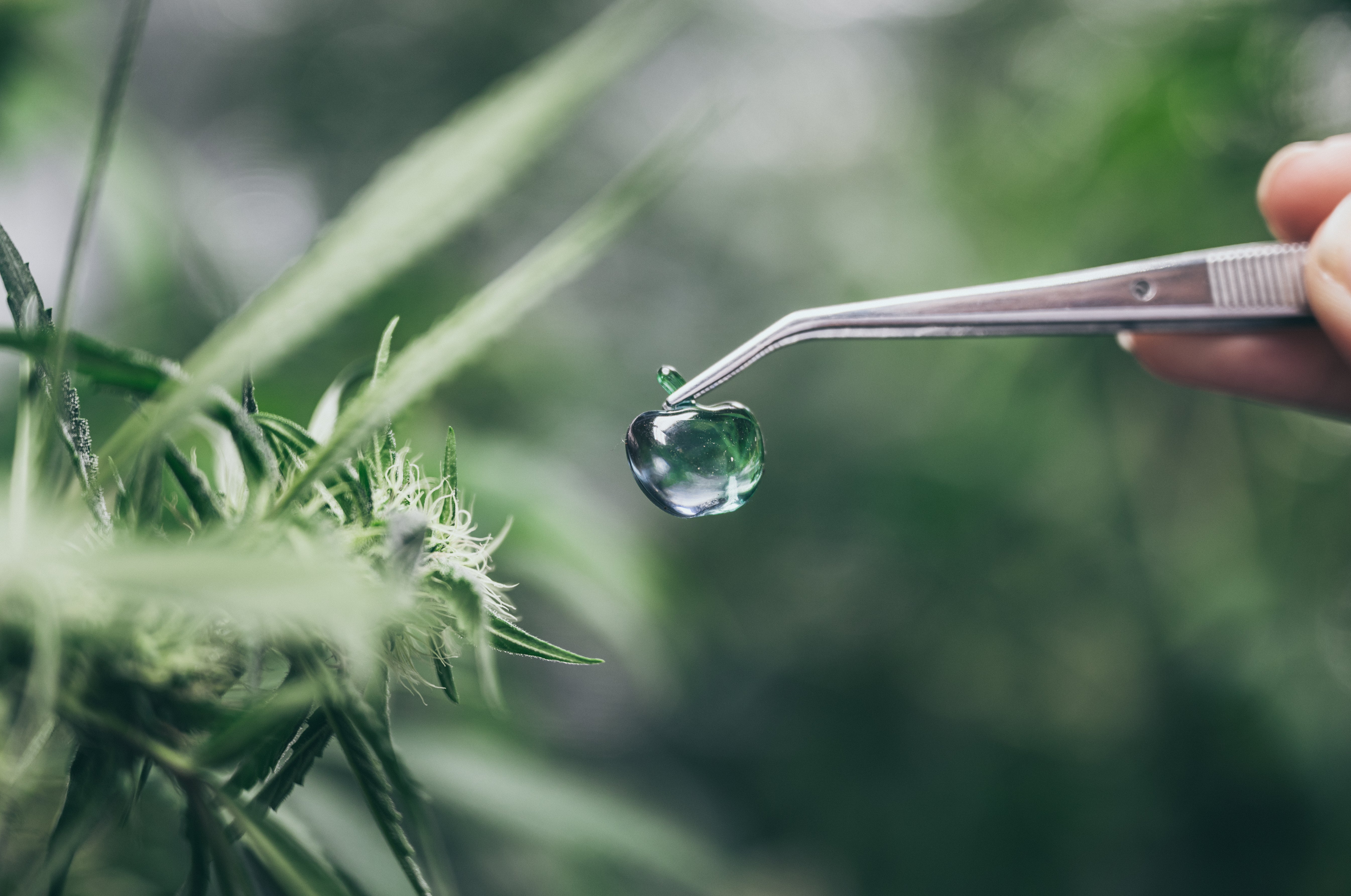
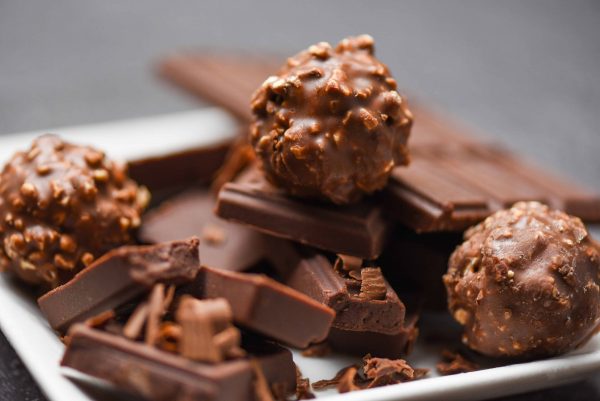
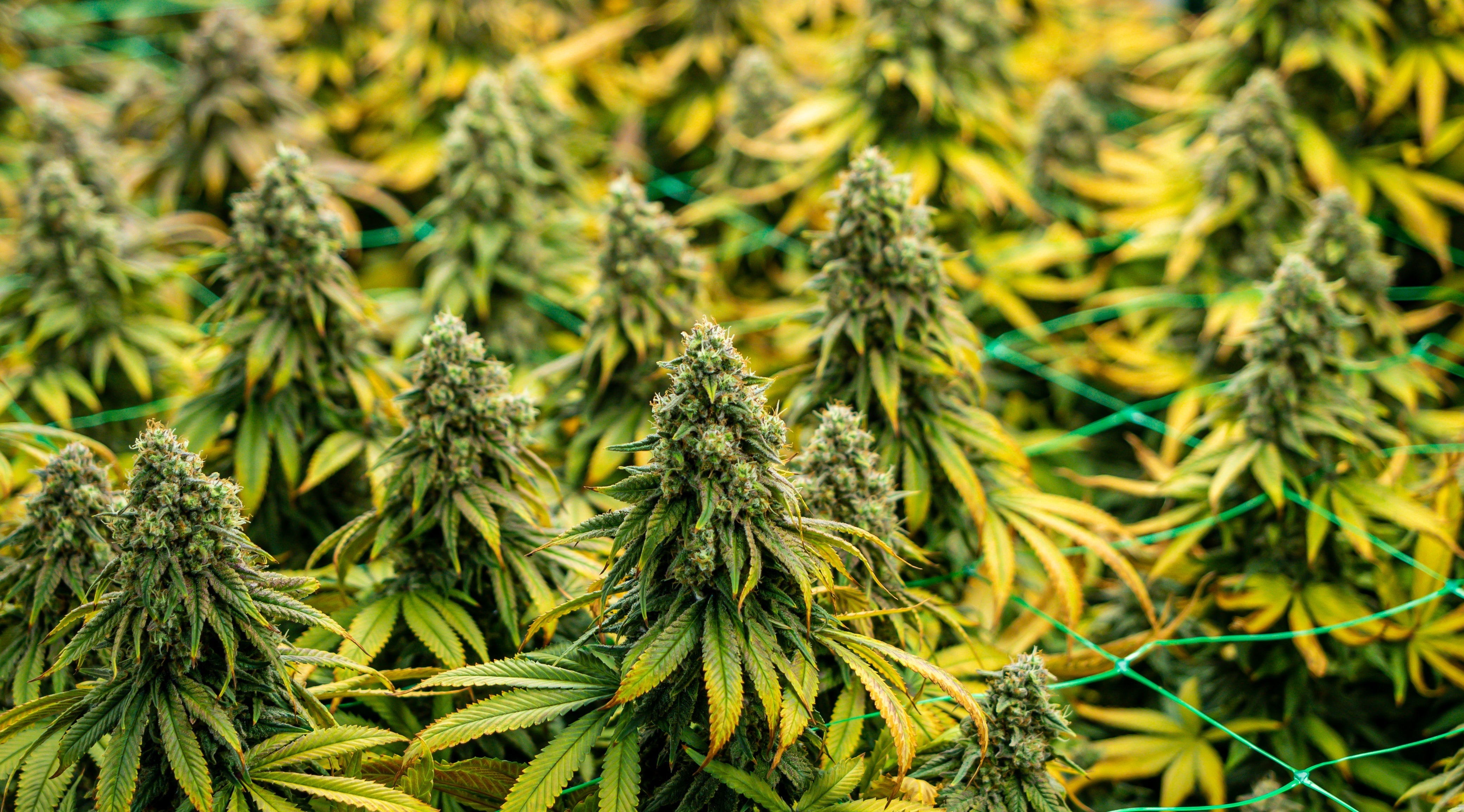
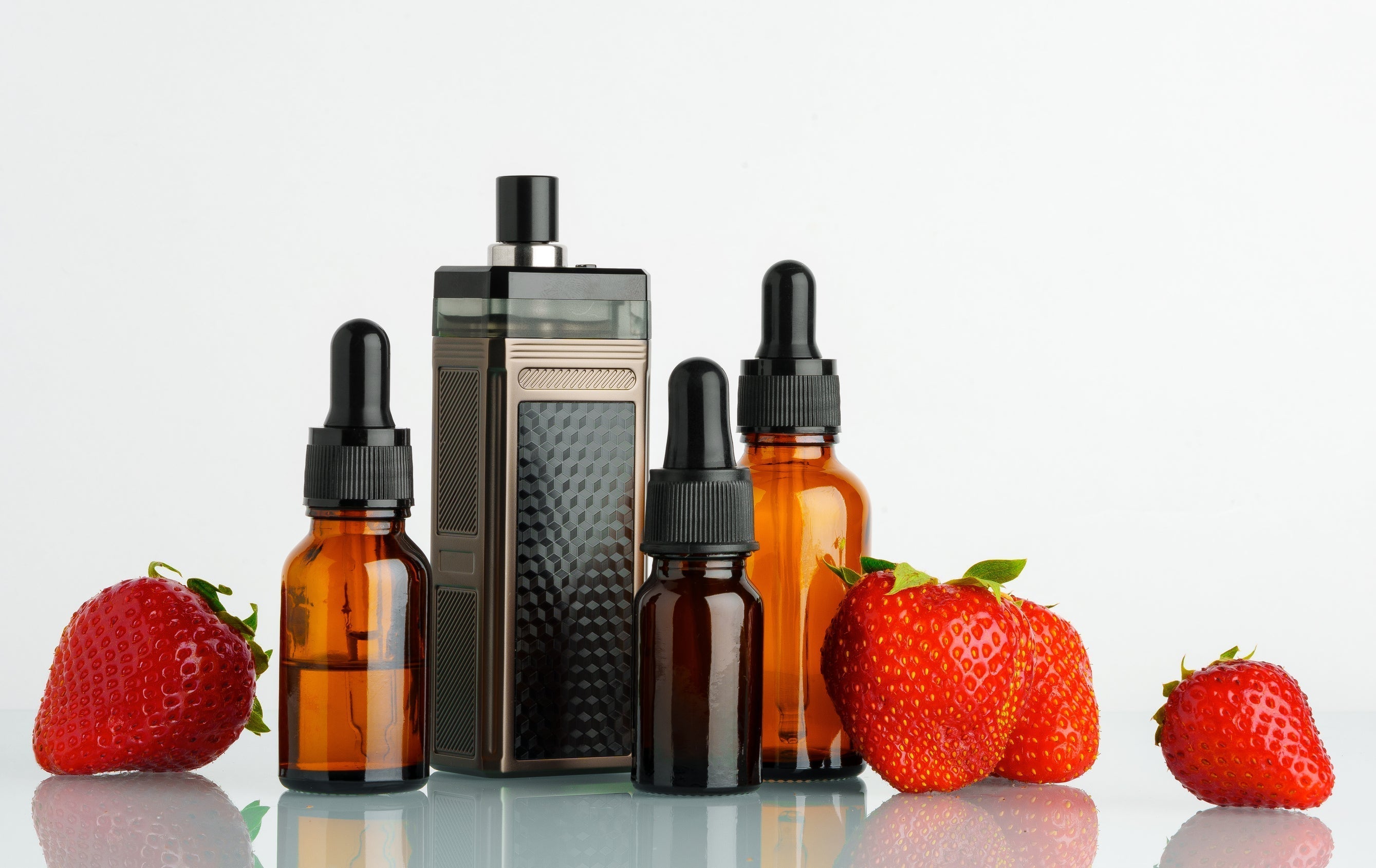
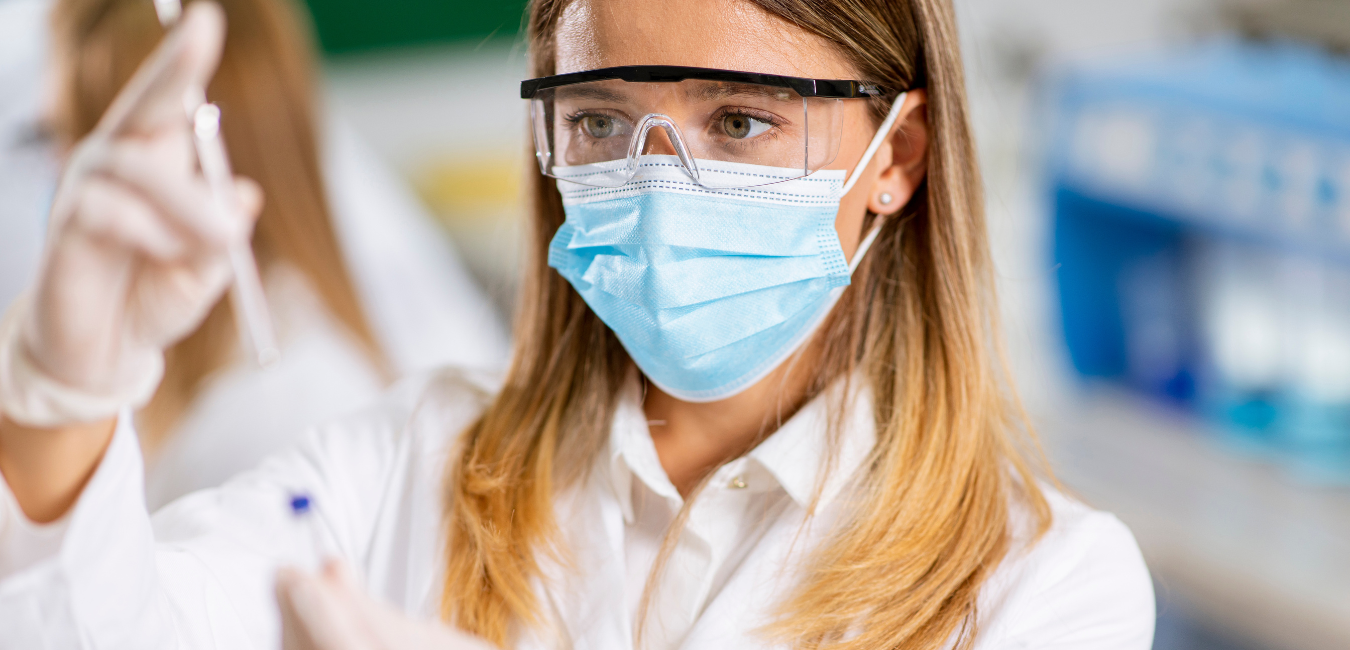
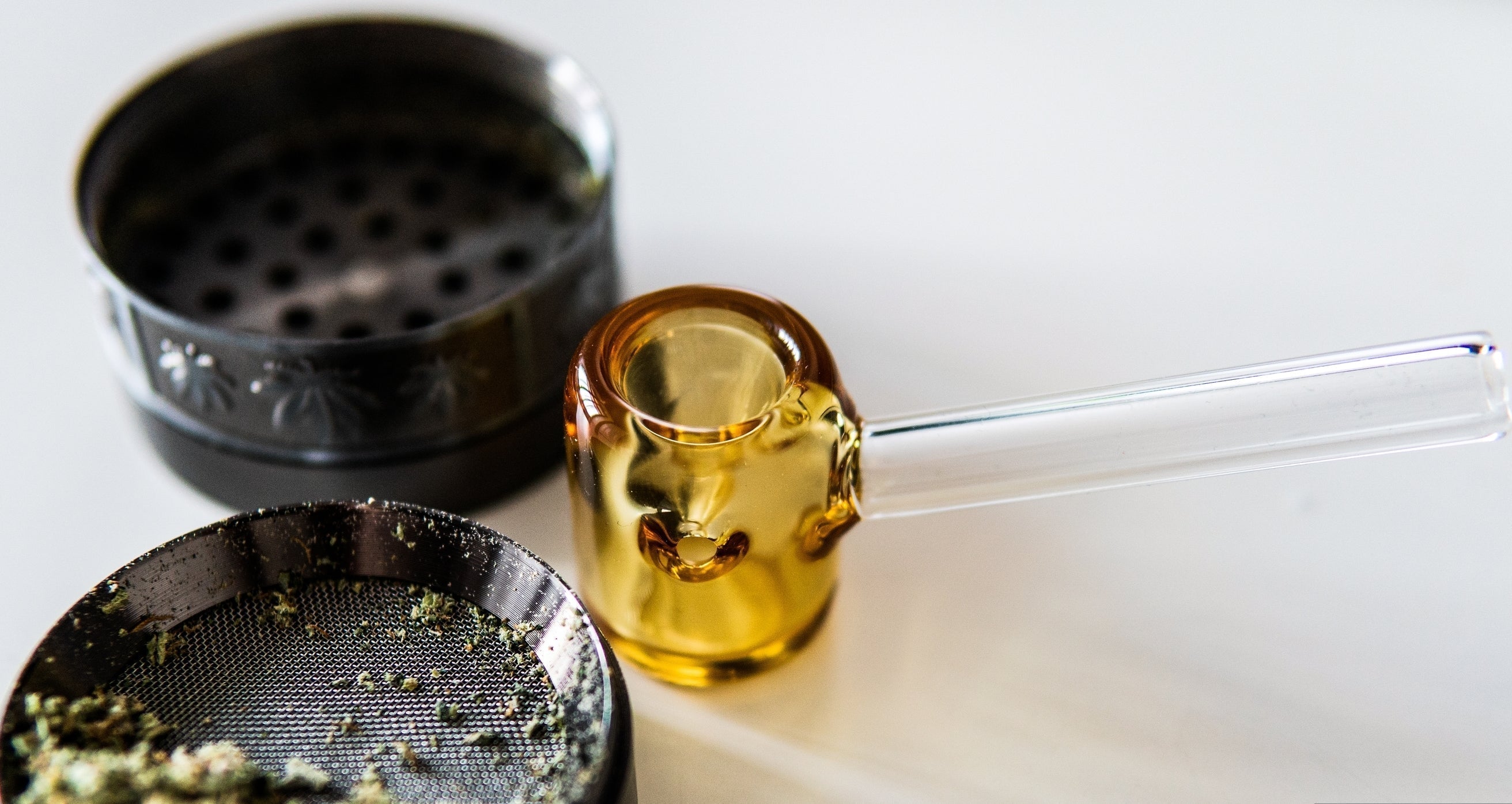
Join In On The Conversation
Your email address will not be published. Required fields are marked * Comments will be approved before showing up.